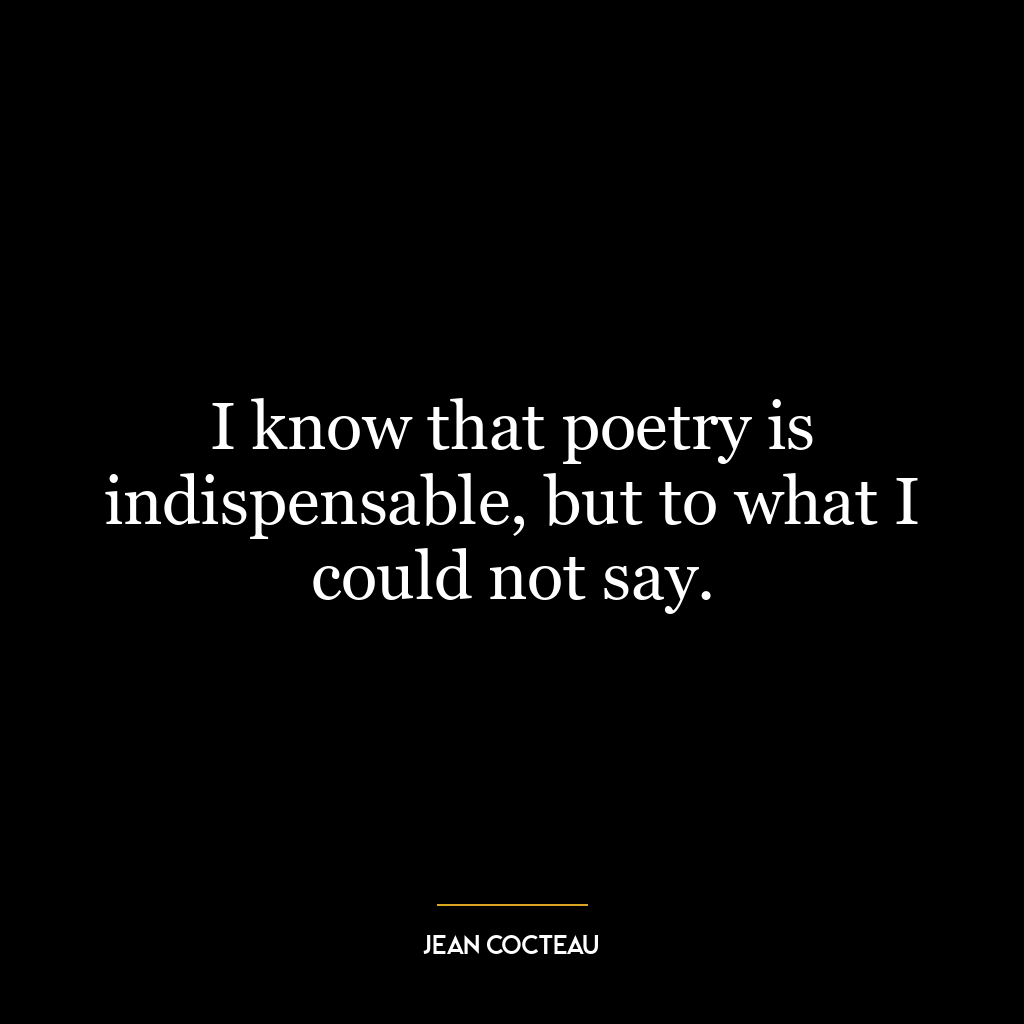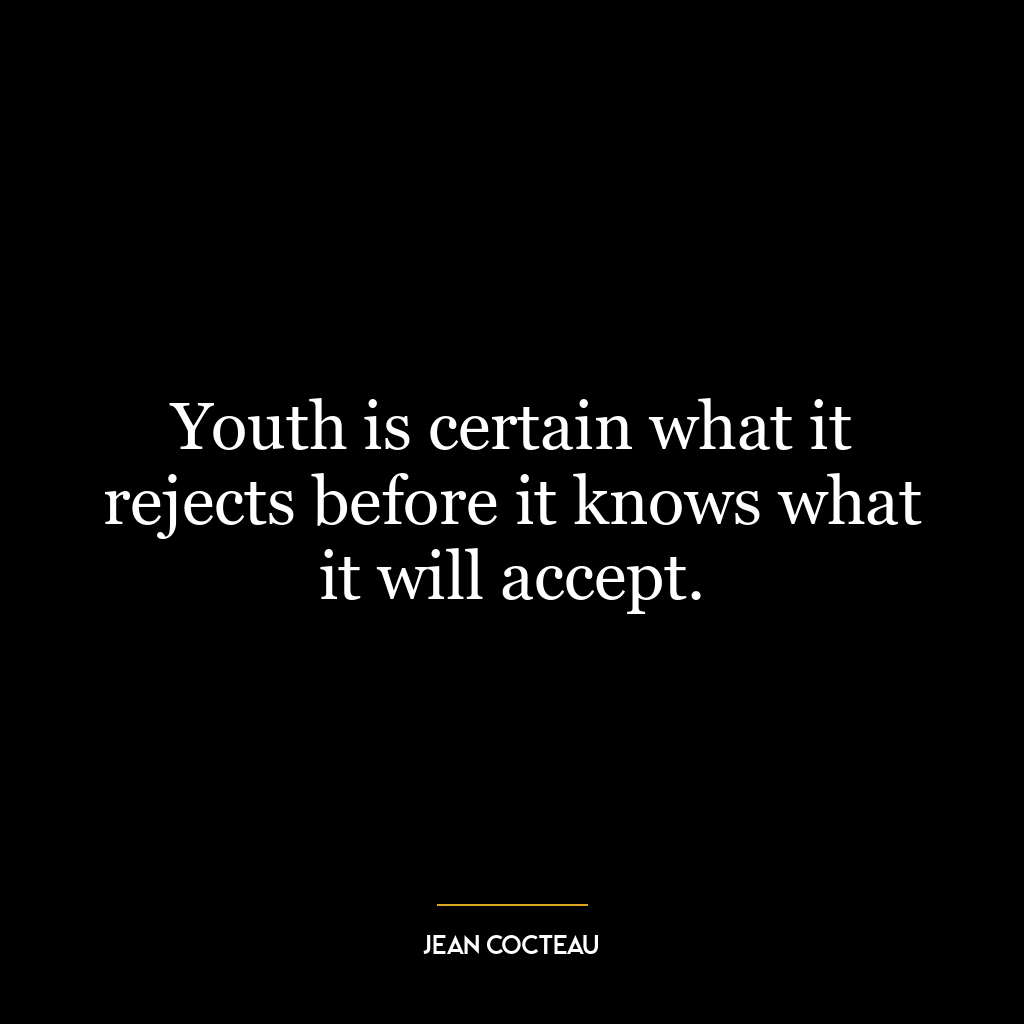I do not know if there is a more dreadful word in the English language than that word “lost.”
This quote delves into the profound fear and uncertainty associated with the word “lost.” The term “lost” can be interpreted in various ways, from being physically lost in an unknown location to feeling emotionally or spiritually lost. It signifies a lack of direction, purpose, or understanding. To be lost is to be detached from familiarity and comfort, often leading to feelings of confusion and despair.
In a broader context, being “lost” could also mean losing oneself in the chaos of life’s demands or societal expectations. It could mean forgetting one’s identity while trying to fit into certain molds. This loss might not be physical but rather a mental state where one feels disconnected from their true self.
The word ‘lost’ has such depth because it encapsulates numerous aspects of human experiences – fear, confusion, isolation – all at once. Yet it is also through such loss that people often find themselves; they discover their resilience and strength amidst adversity.
Applying this idea in today’s world or personal development means acknowledging that feeling lost is part of our human experience. Rather than fearing this state of ‘loss,’ we should accept it as an opportunity for growth and self-discovery. Feeling lost can lead us towards introspection and ultimately help us redefine our goals and values.
It encourages us not only to question where we are going but also why we are heading there in the first place – pushing us towards re-evaluating our paths and purposes in life. Therefore, instead of perceiving ‘being lost’ as something dreadful as suggested by Spurgeon, we might view it as a necessary step on the path towards personal development.
So next time you feel ‘lost,’ remember that it’s not just about finding your way back; sometimes it’s about discovering new paths altogether.










